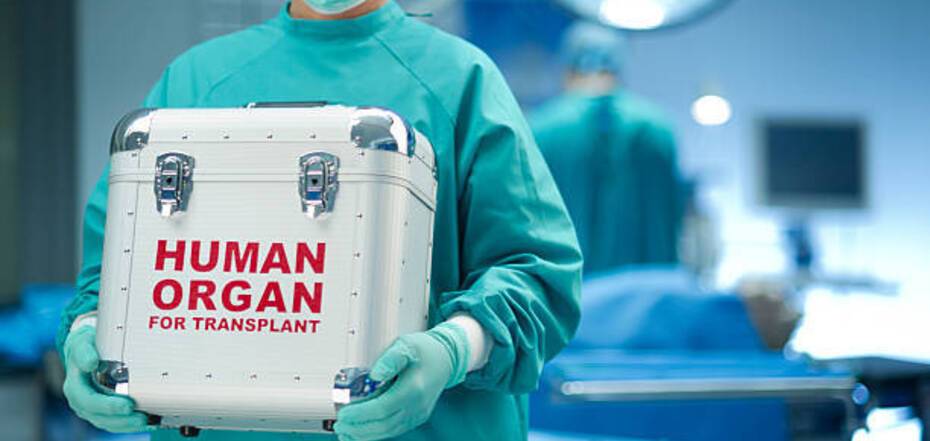News
Placebo effect or something unknown? Professor explains why organ transplantation can change a person's personality
Transplantation of internal organs can lead to personality changes. Adam Taylor, professor and director of the Clinical Anatomy Training Center at Lancaster University, testifies to this.
The transformation in habits and even character after transplantation has been discussed since the first ever procedures, The American Journal of Psychiatric writes. There are cases when a person suddenly begins to adore classical music after receiving a musician's heart and dies with a violin in his hands even though he used to dislike this genre.
In another case, a 45-year-old man said that after receiving a 17-year-old boy's heart, he likes to put on headphones and listen to loud music, which is something he never did before the transplant.
A recent study suggests that heart transplant recipients are not unique in experiencing personality changes. A similar situation can occur after transplantation of any organ.
How can this be explained? One possibility is the placebo effect. The great joy of getting a new lung gives a person a sunnier disposition. Other recipients suffer from feelings of guilt, bouts of depression, and other psychological problems that can also be seen as personality changes.
However, there is some evidence that these changes are not psychological. Biology can also play a role.
The cells of the transplanted organ will perform their expected function. The heart will beat, the kidney cells will filter, and the liver cells will metabolize. But they also play a role in other parts of the body. Organs and their cells release hormones or signaling molecules that act locally and in other parts of the body.
Of course, the heart is most often associated with personality changes. Chambers release peptide hormones, including "atrial natriuretic peptide" and "brain natriuretic peptide," which help regulate the body's fluid balance by affecting the kidneys.
They also play an important role in electrolyte balance and inhibit the activity of the part of our nervous system responsible for the "fight or flight" response. The cells responsible for this are located in the hypothalamus, a part of the brain that plays an important role in everything from homeostasis (balancing biological systems) to mood.
Thus, a donor organ, which may have a different baseline level of hormones and peptide production than the original, can change the mood and personality of the recipient through the substances it releases.
B-type natriuretic peptide levels have been shown to rise after transplantation and never return to normal. While some of the increase is likely a reaction to the trauma of the surgery, it may not explain everything.
Memories stored outside the brain
The body stores memories in the brain. We access them when we think. They can also be triggered by sight or smell. But memories are mainly neurochemical processes, where nerves transmit impulses to each other and exchange special chemicals (neurotransmitters) at the interface.
Although many of the nerves that control organ function are cut during transplantation and cannot be reattached, this does not mean that the nerves within the organ do not function. In fact, there is evidence that they can partially recover up to a year after surgery.
These neurochemical actions and interactions can enter the recipient's nervous system, triggering a physiological response that then influences the recipient's personality according to the donor's memories.
We know that the donor's cells circulate in the recipient's body. The donor's DNA is observed in the recipient's body two years after transplantation. This again raises the question of where and how the DNA continues to exist and what actions it can perform.
One of its functions is to stimulate immune reactions. These reactions can be enough to provoke a personality transformation. It is known that prolonged inflammation can change traits such as extroversion and conscientiousness.
Regardless of which mechanism or combination of mechanisms are responsible for the changes, this area of research requires further investigation so that recipients can understand the physical and psychological changes that can occur after surgery.
Only verified information is available on OBOZ.UA Telegram channel and Viber. Do not fall for fakes!





























